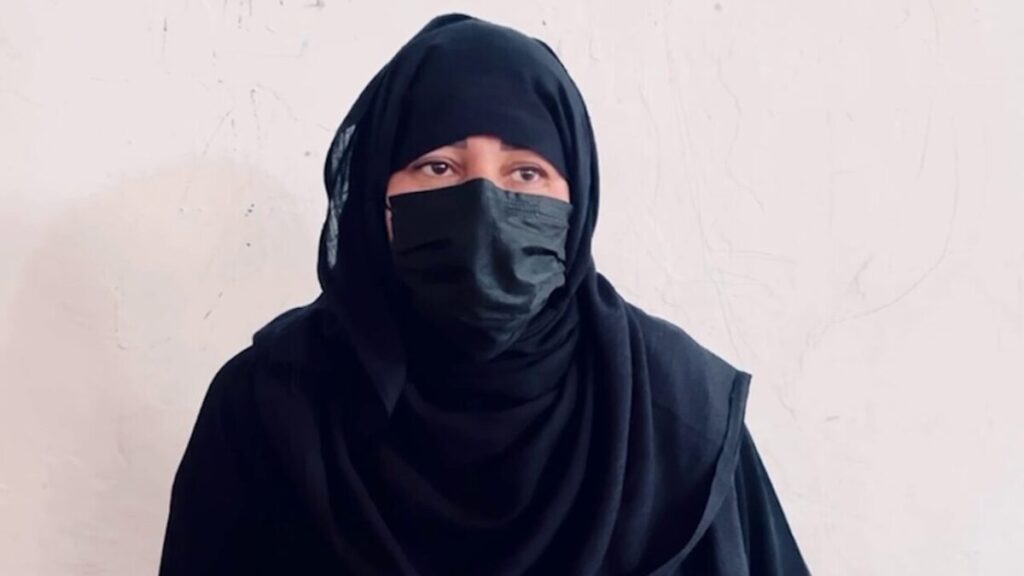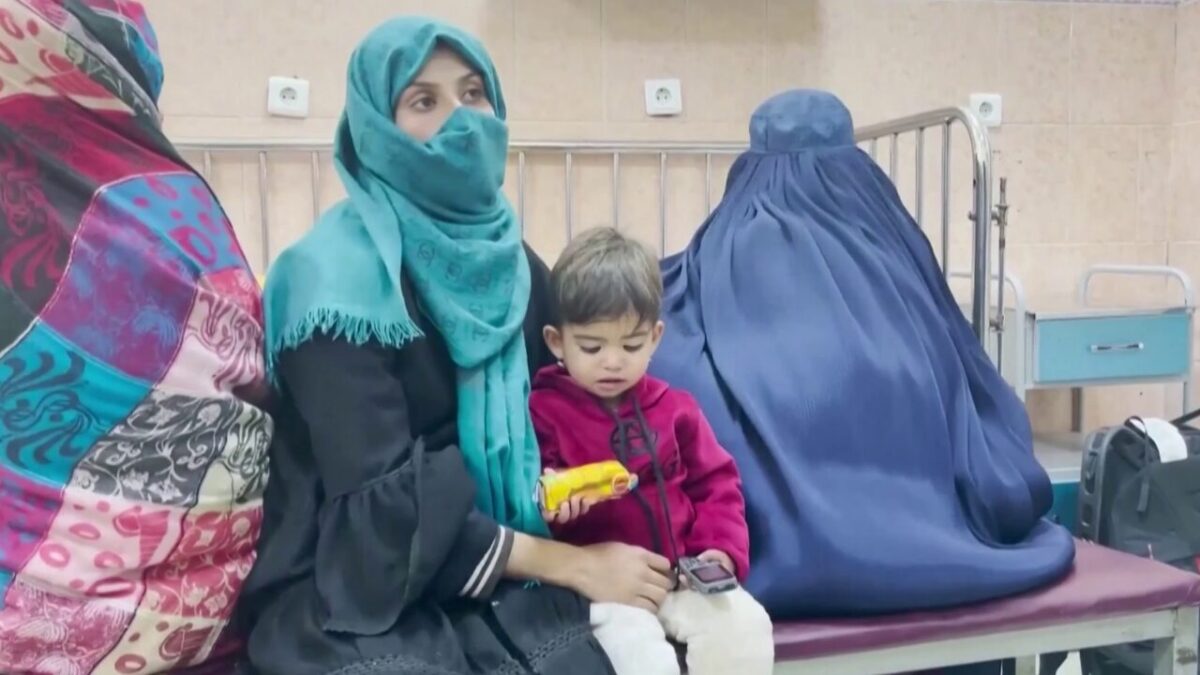As Afghanistan grapples with severe crises, its citizens took a moment to honor and celebrate Mother’s Day, a poignant reminder of resilience amid adversity.
Taliban’s restrictions have stripped many mothers of their basic rights, exacerbating their struggles in a nation scarred by long-term conflicts.
Thousands of Afghan mothers have suffered the loss of loved ones due to decades of war. The community yearns for a future where mothers no longer endure the anguish of losing their children. Many women express that the Taliban’s repressive measures have cast a shadow over their lives, particularly those who are the primary providers for their families.
Afghanistan has celebrated Mother’s Day for several years, marked by flowers, gifts, and cakes. However, the joy of the occasion is marred by the harsh realities many mothers face. The past two decades have been especially brutal, with the war claiming countless civilian and military lives. Beyond the battlefield, mothers have confronted domestic and family violence. Since the Taliban’s return to power, severe restrictions have not only oppressed women and girls but also forced many mothers to abandon their roles as family breadwinners.
Protests against the Taliban’s draconian policies have seen brave mothers like Julia Parsa and Neda Parwani imprisoned.

In this report, Fahima, a mother from Herat, is profiled who was once employed at a government institution but has since been rendered jobless by the Taliban’s edicts. Fahima laments the loss of her previous life and the inability to celebrate Mother’s Day as before. “I used to work in a government agency; now I am a housewife. My salary is only 5,000 Afs, and I was forced to send my children abroad to work. My daughters have also been barred from university and are sitting at home now. I used to celebrate Mother’s Day happily, but now, because of the existing problems and because my children are not with me, Mother’s Day passes like an ordinary day,” she said.
The World Health Organization’s latest report underscores the dire situation, revealing that daily, 24 mothers and 167 newborns in Afghanistan die from preventable diseases. This grim statistic highlights the urgent need for healthcare and support.
When asked about their hopes, many Afghan mothers voiced a common desire: to regain their fundamental rights to work, education, and higher learning. One mother poignantly remarked, “Mothers in Afghanistan are deprived of their rights; the right to work, the right to education, the right to higher education. All rights have been taken from them, and they are currently being erased.”
Poverty remains a significant challenge, forcing many families to send their teenage children abroad to work. Reports of families selling their children for money have surfaced, painting a stark picture of desperation. The closure of schools for girls above grade six is a critical issue, as these girls are the future mothers of a country in crisis.
Despite the hardships, Afghan mothers continue to embody resilience and hope, celebrating Mother’s Day as a testament to their enduring strength.





